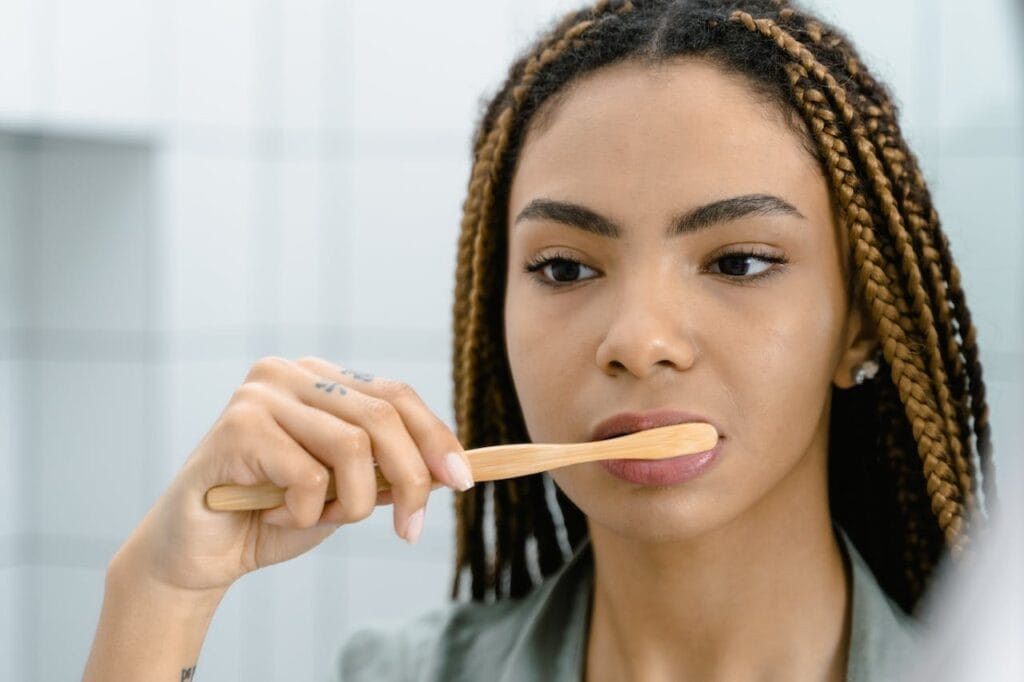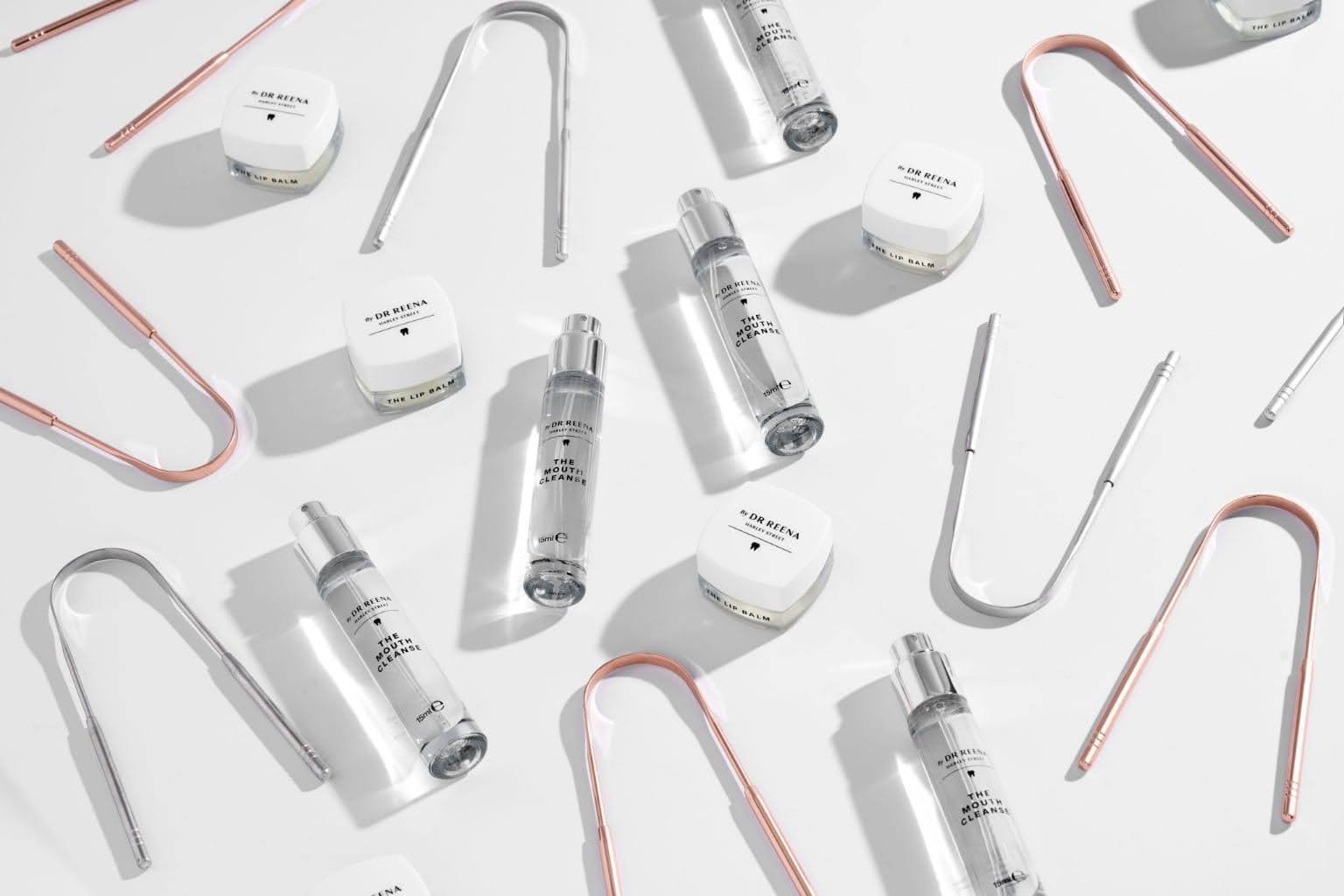Brushing Too Hard? The Top 5 Risks of Overzealous Tooth Brushing
8 February 2024

Many of us were taught from a young age that good oral hygiene is crucial for a healthy smile. This meant brushing your teeth twice a day or more. But is there actually such a thing as brushing your teeth too much? Surprisingly, over-brushing can do more harm than good. Read on to learn about the top 5 risks of being overzealous with your toothbrush.
Extreme tooth brushing can lead to:
1. Tooth Wear
Brushing too aggressively or too frequently can actually wear away your tooth enamel over time. This enamel is the outer protective layer of your teeth. Once enamel wears away, the next layer of the tooth called dentin gets exposed. Dentin is much softer and more porous than enamel. This means it provides less protection against external substances that can irritate the inner tooth and cause pain. Dentin contains thousands of tiny tubules leading to the inner dental pulp that register hot, cold and pressure sensitivities. Without the enamel barrier, these sensitivities are heightened.
Loss of enamel also leaves teeth prone to cavities and tooth decay. Enamel has a crystalline structure that helps prevent bacteria from adhering to teeth. Without it, bacteria can start to penetrate into micro holes in the exposed dentin, raising your risk of cavities, tooth infections and decay. According to the British Dental Association, up to 30% of adults display signs of tooth wear caused by over brushing.
2. Gum Recession
Excessive brushing can also rub away at your gums, leading to gum recession. This is when your gums gradually pull away from your teeth, exposing more tooth surface and root. Receding gum puts you at greater risk for decay and increased sensitivity. About 8% of UK adults have some form of gum recession, reports the Adult Dental Health Survey.
Find out more: Is Gum Recession Reversible?
3. Sensitivity
Worn enamel and gum recession leave microscopic cracks and openings in your teeth for hot, cold, sweet, or acidic foods and liquids to penetrate. This leads to increased sensitivity and pain when eating and drinking. To help reduce sensitivity from worn enamel and receding gums, try using a sensitivity toothpaste containing ingredients like potassium nitrate or arginine to block pain transmission. Avoiding very hot or cold foods can also help, as can getting any cavities filled quickly before they reach the nerve.
4. Damaged Tooth Roots
The roots of your teeth lie below your gum line. Brushing too forcefully near the gums can actually scrub away the root surface material. This causes increased sensitivity and can open you up to infections.
5. Loss of Tooth Structure
Repeated aggressive brushing over time can cause your teeth to become loose, thin, or grooved. This overall loss of tooth structure not only damages aesthetics but can also lead to dental issues like decay, cracking, or the need for crowns or implants.
Read about: Gum Aesthetics 101: Everything You Need to Know About Achieving a Perfect Smile
Protect Your Smile From Too Much Tooth Brushing
The good news is that by adjusting your brushing habits, you can avoid the dangers of overbrushing. Be sure to use a soft-bristled toothbrush and brush gently using small, circular motions or better still use an electric toothbrush but only hold it on the tooth rather than moving it around (let it do the work for you). Opt for brushing just twice per day for two minutes each time. And see your dentist regularly, as they can catch early signs of wear and tear.
If you think you may be overbrushing, don’t wait. Give our periodontist in London a call today to discuss your oral health. We’re here to help you achieve better brushing habits and your healthiest smile.



